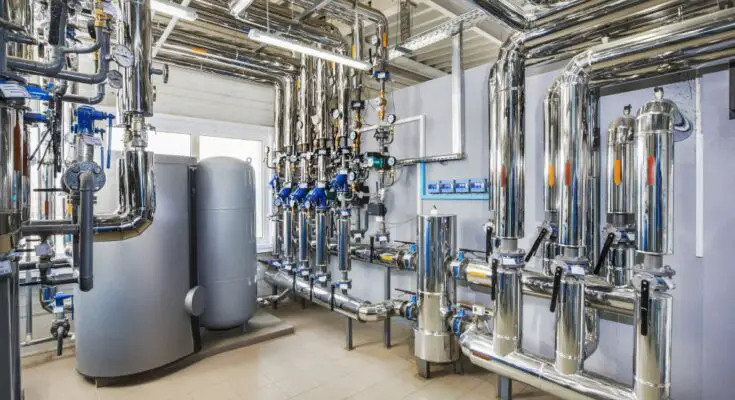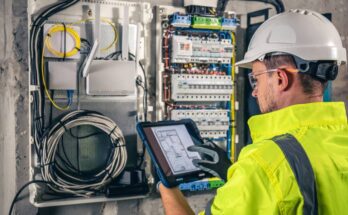The importance of maintaining efficiency, safety, and environmental responsibility cannot be overstated in today’s industrial landscape. A critical component in achieving these goals is the use of industrial filters.
Industrial filters play a pivotal role in various modern settings and oversee processes while safeguarding our environment. Below, we take a closer look at the importance of industrial filters in modern applications, including the most common places where this filtration process functions.
The Power of Particulate Filters
Particulate filters are essential for removing impurities from gases or liquids. They’re widely used in industries where air quality is crucial, like automotive and electronics manufacturing.
For instance, in a car engine, particulate filters trap harmful particles to prevent them from entering the atmosphere. This enhances engine performance and reduces environmental pollution. In electronics, these filters support clean air for sensitive manufacturing processes, leading to better product quality and longevity.
The Significance of Liquid Filters
Liquid filters are indispensable in processes that involve the separation of contaminants from liquids. Industries like food and beverage processing, chemical manufacturing, and water treatment heavily rely on these filters.
In the food industry, liquid filters oversee the purity of ingredients, retaining their nutritional value while eliminating impurities. In chemical manufacturing, they prevent contamination that could compromise product quality or safety. Furthermore, in water treatment facilities, liquid filters play a crucial role in providing safe and clean drinking water by removing harmful pollutants.
Clean Air With Industrial Air Filters
Industrial air filters are vital for maintaining a healthy working environment and protecting machinery from damage. In industries such as pharmaceuticals, precision in production is paramount, and air filters make sure no contaminants compromise the final product.
These filters also prevent dust and debris from interfering with sensitive equipment, thus prolonging its lifespan and reducing maintenance costs. By maintaining clean air, these filters contribute significantly to improving overall workplace safety and employee well-being.
Environmental Applications of Industrial Filters
The environmental sector benefits immensely from industrial filters, particularly in water and air purification processes. In waste treatment plants, filters remove solid waste from water, making it safer for disposal or reuse.
Air filtration systems, on the other hand, capture pollutants and allergens, further improving air quality in urban areas. This reduces health risks for the public and supports efforts in environmental protection. By integrating specialized industrial filters, various modern applications make significant strides toward sustainability and eco-friendliness.
Healthcare and Pharmaceutical Filtration
In healthcare and pharmaceuticals, maintaining sterile environments is critical, and industrial filters are indispensable tools in this regard. In hospitals, air filtration systems reduce the risk of airborne infections, protecting patients and healthcare workers.
Similarly, in pharmaceutical manufacturing, filters eliminate contaminants, promising that medications meet rigorous safety standards. By prioritizing filtration, these sectors can uphold public health and safety, underscoring the vital role of industrial filters.
Automatic vs Manual Presses in Filtration
When choosing between automatic and manual filter presses, consider the application’s distinct needs. Automatic presses offer increased efficiency and reduced labor, making them ideal for large-scale operations.
Conversely, manual presses provide precision and control, making them suitable for smaller facilities or specialized tasks. Both options highlight the versatility of industrial filters in adapting to varied industry requirements and priorities and keeping processes effective and efficient.
Industrial filters play small, silent, unsung heroes in many modern applications. From industry professionals to patients and consumers, understanding the important role filters play can change how we appreciate and value various parts of our daily lives.



